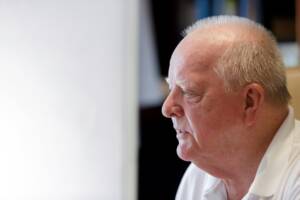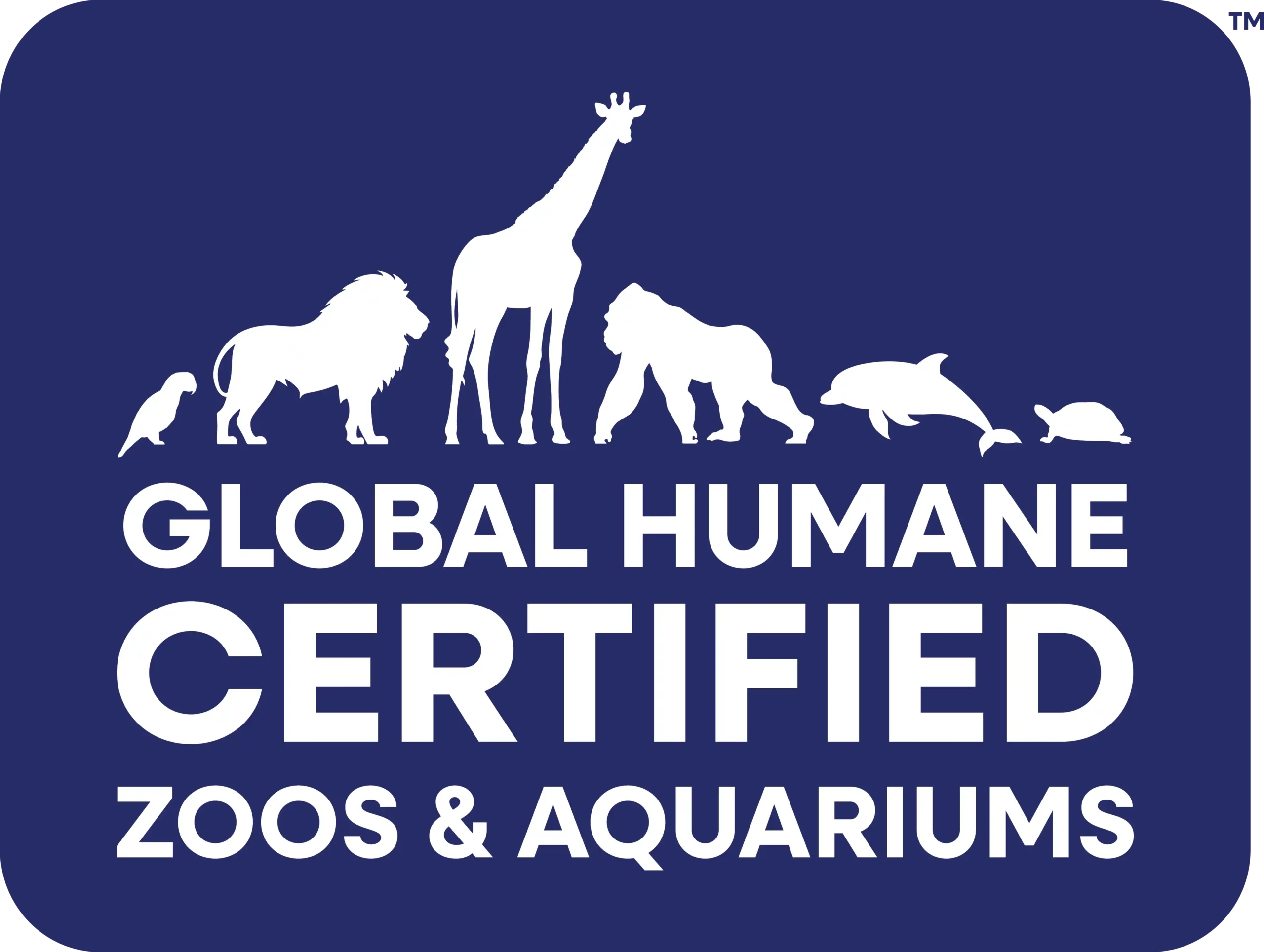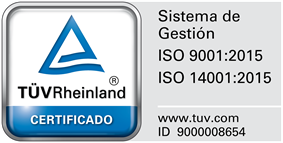Source: https://www.efeverde.com/noticias/kiessling-loro-parque-animales-exoticos-zoos/
Wolfgang Kiessling, the founder of Loro Parque, highlights the role of zoos in terms of conservation and biodiversity and argues that, today, these facilities are “The only representatives of exotic wild animals”.
“Have you heard lately that a dolphin is in danger of extinction? No, there are as many as ever before. Why? Because we’ve managed to create affection for those impressive animals” argues Kiessling (Gera, Germany, 1937) in statements to Efe.
Well-managed zoos save species
The president of Loro Parque maintains that zoos “raise awareness” especially in youngsters, and have allowed “many animals” to survive extinction.
“Zoos are important genetic banks. In Loro Parque, for example, we have saved, in collaboration with other NGOs, nine species of parrots. Nine species that today would no longer exist if we hadn’t worked for them” he asserts.
Faced with critical opinions and anti-zoological activist groups, the German businessman says that the animals in Loro Parque “are happy” because “if not, I wouldn’t have a zoo”.
Animal wellbeing
Kiessling also points out that the “continuous audits” carried out “by experts from all over the world” guarantee the welfare of the animals in the facilities of his group which “almost always” receive “one hundred percent” on compliancy checks.
In this regard, the director of the Loro Parque Foundation, Javier Almunia, says that captivity does not cause discomfort in animals, which are always surrounded “by the best conditions and the best expertise.
“Evidently, there is a very clear change in behaviour: animals don’t have to hunt and they don’t have to defend themselves against predators, but that doesn’t affect their welfare” he points out.
In the same vein, the founder of Loro Parque says that an animal’s living space is directly proportional to its need to find food in a territory, so “If the animal receives enough food, even if that territory is smaller, it will be happy” he maintains.
Budgets and projects
Kiessling also targets organisations such as PETA (People for the Ethical Treatment of Animals), which he accuses of managing large budgets but “doing nothing for the welfare of the animals.
“In PETA they work with a lot of lies and falsehoods, and I think the world will soon understand that the good guys aren’t them, but us, who work day by day for the animals” he argues.
Kiessling also pointed out that the Loro Parque group allocates money through its Foundation every year to fund conservation projects for endangered species such as parrots, cetaceans, sharks and turtles.
Since 1994, The Loro Parque Fundación has allocated a total of €19.7 million to these concepts and this year has launched the CanBio project together with the Canary Islands Government, with the aim of studying climate change in the sea, ocean acidification and its effects on the marine biodiversity of the archipelago.
Sustainability of the installations
The German businessman also reminds us that Loro Parque was one of the first companies to eliminate single-use plastics from its facilities. “It’s quite expensive to switch everything to biodegradable products, but for the sake of protecting nature, we did it,” he says.
For almost 10 years now, part of the zoo in Puerto de La Cruz has been powered by photovoltaic energy, although Kiessling hopes that within a year the entire park will be self-sufficient and will be able to draw on 100 per cent renewable energy.
In relation to the controversy with the orca Morgan, which was transferred to Loro Parque in November 2011, Almunia points out that the Free Morgan Foundation (an organisation that demands the release of this cetacean) has, for the tenth time, lost their case against Loro Parque and the Dutch Government, which originally authorised her transfer to Tenerife.
“We don’t know what else needs to be done to get some organisations to accept that it was correctly carried out from the beginning” since Morgan was rescued, dying, on the Dutch coast, underlines Almunia, who reaffirms the claim that returning her to nature “would be a death sentence” for the orca. EFE
ggh/jmr












